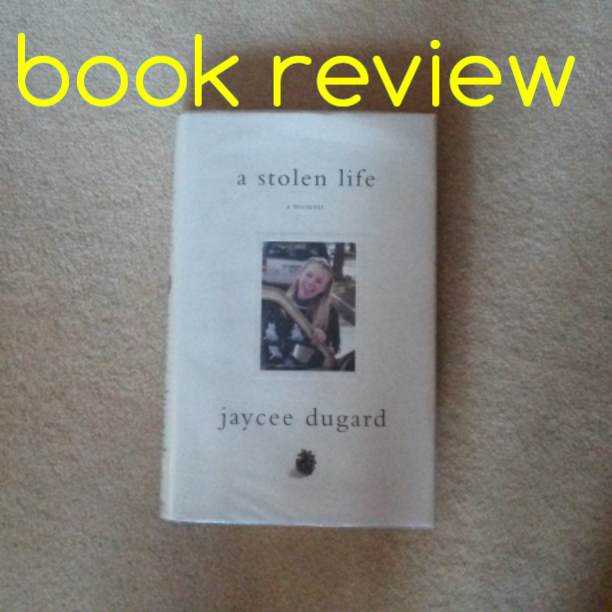I rarely eat breakfast. I could blame it on being too busy as the single mother of a toddler, but the truth is I've never been very good at actually sitting down and eating in the mornings. Historically, I've tended to skip breakfast and opt instead for scavenging about the kitchen around 10am, looking for something tasty to eat, and end up eating crap on top of junk, on top of rubbish.
So quite what I thought I was doing signing up for the #RealMymsAllBran 5-Day Challenge, I don't know!
I was sent three boxes of All-Bran to try: Chocolate Wheats, Golden Crunch and Red Berry. The challenge is to have All-Bran for breakfast 5 days in a row, and see how you feel. So I thought I'd give it a go. It was hard to remember to actually make breakfast for myself to be honest, but once I got into it, it was nice to sit down with S and eat breakfast myself. Normally I just sit at the table with her and chat while she eats. It was nice to join in, and she even tried some of my breakfast too, which was fun.
The new All-Bran varieties don't look like normal All-Bran...
 |
| Top: All Bran Red Berry Left: All Bran Golden Crunch Right: All Bran Chocolate Wheats |
It took a bit of getting used to, to actually sit and eat breakfast in the mornings. More than once I came in and sat with S at the table before realising I hadn't made any breakfast for myself! It was nice to sit and eat though, and did make me less likely to snack over the course of the morning. In fact, often once I'd dropped S at nursery I would sit at my desk to work, and not get up until lunch time - and I am normally the worst for picking and snacking almost continuously!
I have had IBS for most of my adult life, and my digestive health is a fine balance. Apparently 90-95% of the body's serotonin is made in the gut. Considering my history of depression, I do think I should look after my belly a little better. When I was at uni, my IBS was so bad they thought I might have something a lot more serious. It's calmed down a lot now, but does still flare up from time to time. When I'm nervous or worried, I feel it in my stomach first. When I'm stressed, I definitely feel that in my stomach first! I found that eating All Bran in the mornings upset my usual rhythm - probably because my body is just not used to it. Once the five days was up, I have to say I stopped eating it every day - though I do still eat it from time to time (for a mid-morning snack too sometimes). If I had stuck at it for more than the five days, my body probably would have adjusted... perhaps I'll take another stab at it when my life is a little less hectic.
Of the three varieties, I think the Golden Crunch was the tastiest. I think S preferred the Chocolate Wheats though! The Red Berry was nice too, but I didn't enjoy the taste of the "berry" part and found I needed to put some real red berries with it to make it taste less synthetic.
Although the All-Bran did not immediately agree with me, the habit of sitting down to eat breakfast is something I want to stick with. I find that on the mornings where I am eating with S, rather than just sitting with her, she eats more breakfast herself.
This post is an entry for the Real Mums of All-Bran Linky Challenge, sponsored by Kelloggs.


.jpg)







.jpg)




.jpg)








.jpg)
